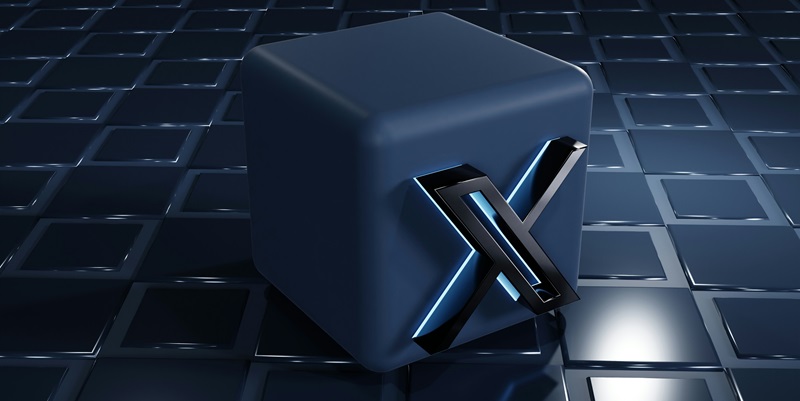In a bold move to redefine the landscape of artificial intelligence and supercomputing, Elon Musk’s startup xAI has set its sights on building what Musk has described as the “world’s biggest supercomputer.” Partnering with Dell Technologies and Super Micro Computer, xAI aims to tackle the monumental task of constructing a supercomputer infrastructure that can support the increasingly complex demands of AI models.
Supercomputer Infrastructure
Central to this ambitious project are the server racks, which serve as the backbone for storing and organizing the computing components necessary for the supercomputer’s operations. The architecture must support immense computational loads while ensuring stability and efficiency. Dell and Super Micro have taken up the challenge, with Dell responsible for assembling half of the server racks and Super Micro providing the other half.
The arrangement underscores both companies’ meticulous engineering capabilities and expertise in liquid-cooling and server design. Their combined efforts are expected to revolutionize how computational components are arranged and managed, making the supercomputer as efficient as possible in processing large-scale AI tasks.
Heat Management Challenges
An often overlooked but critical challenge in developing such powerful computational systems is the management of excessive heat generated by the immense computational power required for AI model training. Without effective heat management, chip performance can degrade over time, potentially crippling the supercomputer’s functionality. To address this, both Dell and Super Micro are bringing their advanced liquid-cooling solutions to the table. These technologies are not only essential in optimizing chip performance but also in extending the operational lifespan of the supercomputer’s components.
The collaboration aims to solve one of the most pressing issues in high-performance computing—heat dissipation. By successfully managing heat, xAI can ensure that their ambitious goals for AI model training are met without compromising system integrity.
Partnership Roles
The partnership with Dell Technologies and Super Micro Computer is pivotal in turning Musk’s vision into reality. Dell, renowned for its robust hardware solutions, and Super Micro, noted for innovative server designs, are combining their strengths to meet the rigorous demands presented by xAI’s project. This collaboration emphasizes the importance of specialized hardware tailored to high-performance computing needs and showcases the significant role partnerships play in pushing technological boundaries.
The expertise of these companies in specific areas, such as liquid-cooling systems and server efficiency, is integral to overcoming the biggest challenges posed by the project. Their contributions are shaping the future landscape of supercomputing and AI.
AI Computational Demands
The high computational demands of AI models are reflected in the hardware resources allocated for this project. Training the Grok 2 model required approximately 20,000 Nvidia #00 GPUs, and future versions may even require an increase to 100,000 GPUs. This staggering number illustrates the growing need for powerful, specialized hardware to handle increasingly complex AI tasks. The trend highlights the transition from general-purpose computing solutions to those tailored to meet the nuanced demands of AI model training.
This increasing complexity in AI models necessitates a corresponding advancement in computational power, and the collaboration between xAI, Dell, and Super Micro is set to meet these demands head-on. The scalability of hardware solutions is critical as AI continues to evolve and require more intensive computational resources.
Evolving AI Capabilities
In a transformative effort that promises to revolutionize the realms of artificial intelligence and supercomputing, Elon Musk’s venture, xAI, has embarked on an ambitious project. This endeavor aims to construct what Musk has audaciously termed the “world’s biggest supercomputer.” Through strategic partnerships with industry giants Dell Technologies and Super Micro Computer, xAI is poised to address the formidable challenge of creating a supercomputing infrastructure capable of meeting the growing and increasingly intricate demands of modern AI models.
The construction of this colossal supercomputer is not merely an attempt to add another piece of cutting-edge technology to the landscape. Instead, it represents a paradigm shift in how computational power can support the advancement of AI technologies. The project’s objective is to achieve unparalleled efficiency and capability, thus enabling new frontiers in AI research and applications. This initiative underscores Musk’s commitment to pushing the boundaries of technology and innovation, highlighting the critical role advanced computing power plays in realizing the future potential of artificial intelligence.

